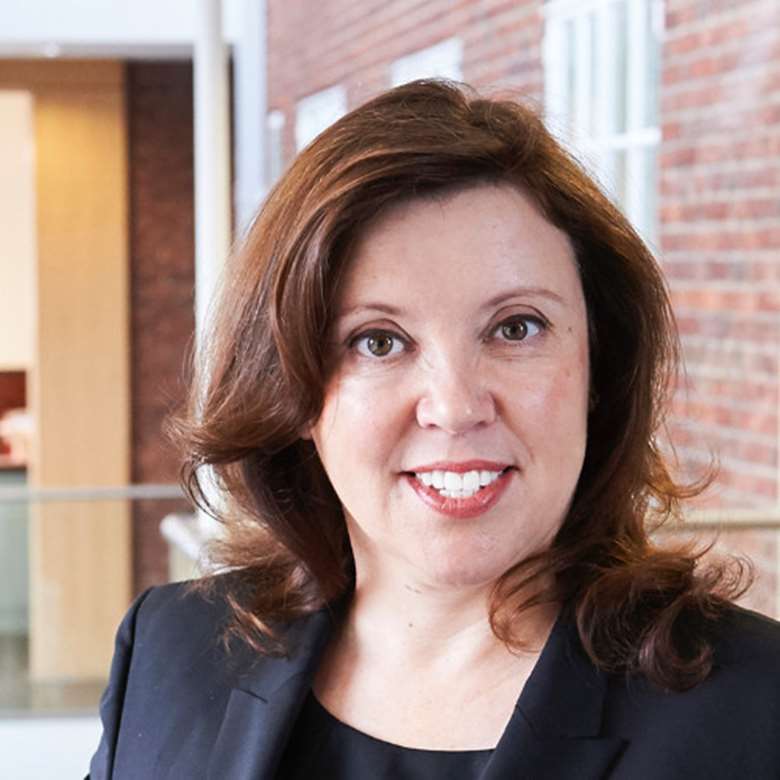Care Leavers' Week: Children’s commissioner proposes plans to improve social care
Fiona Simpson
Monday, October 25, 2021
Listening to care leavers is vital to “improve how we treat children in care”, the children’s commissioner for England has said.

Dame Rachel de Souza shares stories from care leavers in Plymouth about their experiences of the children’s social care system and puts forward ideas to improve life for children in care in a new blog published at the start of Care Leavers' Week (25 - 31 October).
In the blog, De Souza reveals “extremely serious issues” shared by care leavers including “children separated from siblings they would never see again; children made to stay at home, stigmatised and bereft as their foster families went on holiday with their birth children”.
-
University challenge: help for care leavers
-
Analysis: Data-gathering ‘machine’ defines commissioner’s long-term legacy
“Recent care leavers described periods of homelessness as if it was routine. None of this is acceptable,” she adds.
De Souza also discusses issues faced by care leavers who start their own families, including a mandatory assessment processor to buy basics such as cots.
“The young people I spoke to talk of the ordeal created by mandatory assessments made of care leavers with young babies, and the lack of support available. The system wanted to know whether they were ‘good enough’ parents, but was not forthcoming in providing the help needed to make them better parents,” she says.
The children’s commissioner for England calls for the sector to “listen to those with care experience and re-design services accordingly”.
Ideas for improvement suggested by young people, according to De Souza, include separating the roles of social workers, as care leavers believe “the social worker’s role, both supporting and judging them, was creating too much conflict”.
“They wanted to see a separation between the ‘legal stuff’ social workers had to do, and the person with whom they have a relationship,” De Souza says.
She highlights the contrast felt by young people over their relationships with youth workers and social workers.
“Some of this was very practical: relationships with youth workers tended to sustain over time (in contrast to the near constant churn of social workers), they were given the opportunity to develop relationships with youth workers in informal settings (such as being taken out for milkshakes) and they also met with youth workers in group sessions, benefitting from both the professional and peer relationship,” she adds.
However, the children’s commissioner for England goes on to praise Plymouth’s multi-disciplinary team which incorporates both youth workers and social workers to engage families.
“Getting it right, all the time for every child, will not be easy. But, I believe that by listening, by changing how we do things and by being prepared to try things differently we can bring about big improvements,” De Souza says.
Meanwhile, the children’s commissioner has also called for Chancellor Rishi Sunak to commit extra funding to extend school days to support education recovery.
Speaking to Times Radio, De Souza said: “We shouldn’t have schools closing at 2.30pm.
"I want those schools to open, the children to actually do the activities they need.”
"That's very much the package I've asked for."
— Times Radio (@TimesRadio) October 24, 2021
Dame Rachel de Souza, children’s commissioner for England, says that Rishi Sunak's package for pupil's Covid catch-up should be worth at least £5 billion.@tnewtondunn | @katyballs | @Rachel_deSouza pic.twitter.com/PPPDjmKkfO




